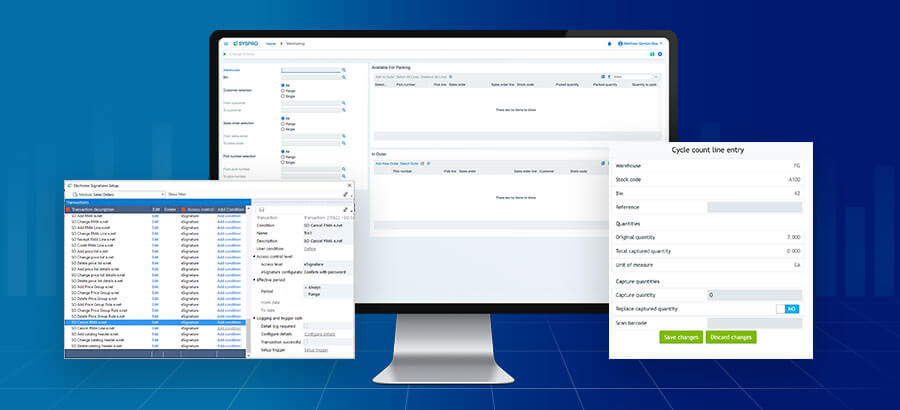Your ERP data is a goldmine of information that can help to steer your business through the COVID storm and any other major disruptions. Executives who take proactive steps now can not only help their companies weather the current crisis but also ensure competitive advantage in the future.
The pandemic has brought many unexpected challenges: uncertainty in supply and demand, disruptions in operations and supply chains, cash crunches, and more. Even in normal times, executives often struggle to have timely, accurate data presented in a way that enables good decision-making; the consequences of bad decisions are even worse in a pandemic.
Now is the time to implement your data and analytics strategy, to ensure your business is agile and is making good business decisions for years to come.
How data and analytics can help businesses thrive
Critical success factors include operational efficiency, optimizing spend, strengthening and building new customer relationships, revisiting product mix, refining supply chains, and maintaining cash flow. We may not precisely know what the post-COVID era looks like, but we know it will be different, and will demand increased agility. And this means that everyone across the organization must be supported with timely and relevant information to make critical decisions quickly with minimal risk.
Organizations have more data today than ever, but they usually do not get full value from it. With advanced analytics and AI, they can now analyze and use that data in new and more effective ways. This includes analyzing immense volumes of data (internal and external) and uncovering underlying patterns, enabling executives to see predictions, identify true cause and effect relationships, and make the best decisions.
The benefits of having strong analytics capabilities extend beyond basic operational reporting. Besides real-time operational reports and dashboards, analytics can facilitate cross-functional analysis, revealing better insights across your business. You can even leverage the power of machine learning and AI to unlock precise, granular, and actionable insights to address business challenges. To understand the possibilities, let’s consider some of the questions your ERP data and analytics can answer for your business:
- Product Intelligence –
- Which products and markets should you focus on?
- Are there products which you should retire?
- Which channels bring in the most revenues and at which times?
- What’s the right price for a particular region or customer or season?
- Which product combinations are being purchased together by customers, and in what sequence?
- Supplier Intelligence –
- How do your suppliers perform in terms of quality, cost, and on-time delivery?
- Where can you negotiate?
- Are you relying on too few suppliers and do you need to diversify?
- Who should you address your urgent orders to?
- Inventory Intelligence –
- How much finished goods inventory should you carry for each product and geography and time of year?
- When and how many raw materials should you order?
- How much dead or slow-moving inventory do you have?
- Manufacturing Intelligence –
- Which jobs are running late?
- Which work centers are bottlenecks?
- Which operations usually produce more scrap, and why?
- Are your labour costs on target? How much overtime do you run?
- Financial Intelligence –
- How can you optimize your operating expenses?
- How much money will you need to run the business?
- Can you pay your short-term and long-term obligations?
- What is the average number of days taken by each customer to pay?
As you can see, data and analytics can offer tremendous clarity in a time of great uncertainty. By making them central to decision-making, both during and after the crisis, businesses can realize tangible and measurable benefits related to operational efficiency, productivity, costs, margins, and also revenue generation. While some decisions may remain the same for your business, it is almost certain some will be different.
An analytics solution integrated with your ERP automatically turns data into not just personalized reports and dashboards, but also predictive intelligence.






